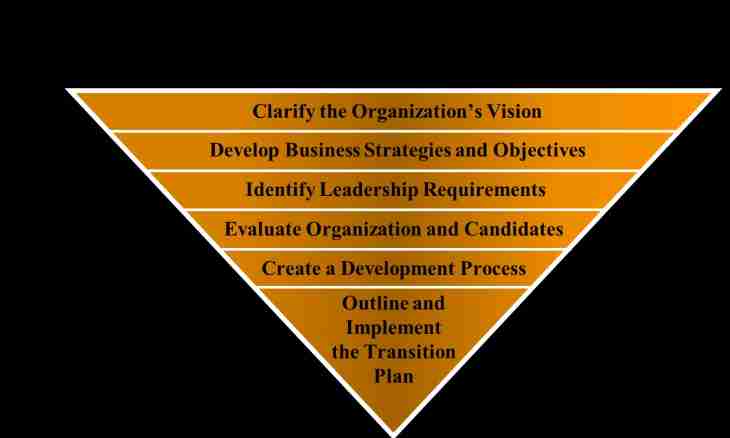As a part of a phrase and the offer play the certain syntactic role in Russian of a part of speech. They can act as its principal parts of the sentence (subject or a predicate) and also minor, namely: definitions, additions and circumstances.
The place of minor members in the offer
The principal parts of the sentence – a subject (subject) and a predicate. They perform logiko-communicative function, define the syntactic organization of a statement and are a grammatical basis. The offer can consist only of the main members, and even only one of them. Such sentence is called unextended. For bigger informational content and emotional fullness additional – minor members are entered into structure of a subject and predicate: circumstance, addition and definition.
Definition
Definition explains and expands value of the defined word – a subject or other minor member with subject value. It calls its sign and answers questions: "What? Whose?" Nouns act as the defined word form mainly. "The old disabled person, sitting on a table, sewed a blue patch on an elbow of a green uniform". (A. Pushkin)
Definitions can be coordinated and uncoordinated. The coordinated definitions are expressed: an adjective and a participle, an ordinal numeral and quantitative in oblique cases, a pronoun. Act as uncoordinated definitions: nouns in oblique cases, possessive pronouns, adjectives in a simple comparative form, an adverb, an infinitive and also integral phrases. A kind of definition is the application which is always expressed by the noun coordinated with the defined word in a case (at the oncologist) or standing in the Nominative case (from the Komsomolskaya Pravda newspaper).
Addition
The secondary part of the sentence called addition designates a subject to which action is directed, or this subject itself is result of action, or with its help the action is made or in relation to which some action is made. "The old man caught a seine fish". (A. Pushkin) addition can be expressed In the offer: a noun in an oblique case, a pronoun, a cardinal number, an infinitive, a phrase and a phraseological unit.
Circumstance
Circumstance is called secondary part of the sentence with explanatory functions which belongs to the sentence part designating action. The circumstance designates sign of action, sign of sign, indicates a way of commission of action or for a while, the place, the purpose, the reason or a condition of its fulfillment. "And Onegin went out; to put on home he goes". (A. Pushkin); Circumstances can be expressed: an adverb, a noun in an oblique case, an adverbial participle or a verbal adverb phrase, an infinitive (adverbial modifier of purpose).

